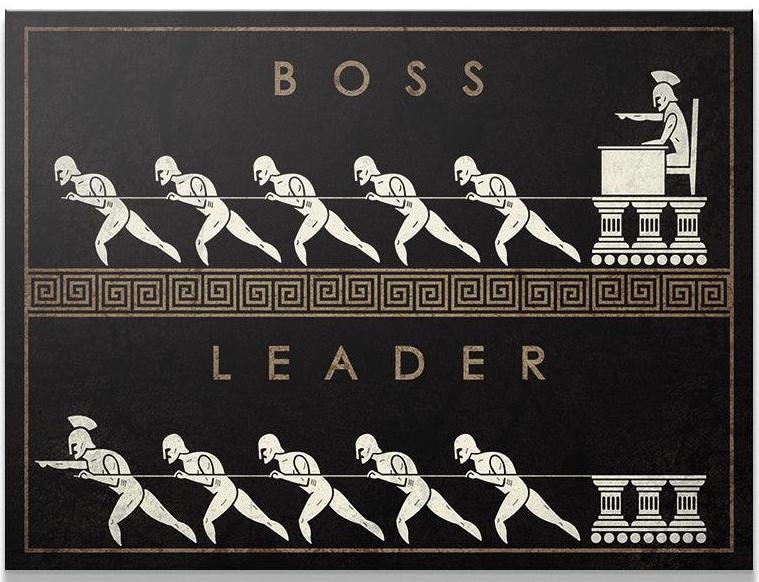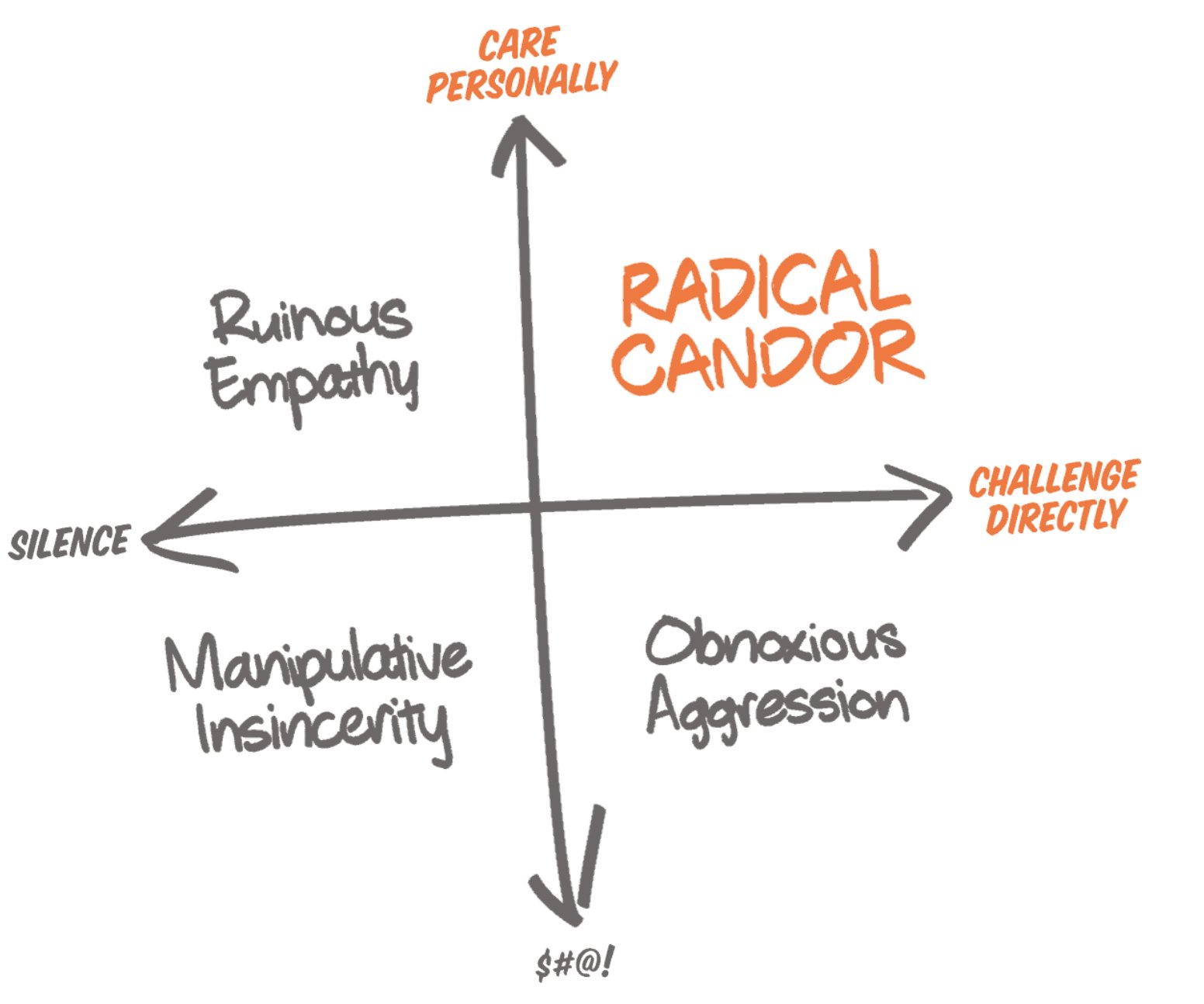Thread by Dickie Bush
- Tweet
- Oct 27, 2022
- #Productivity #PersonalDevelopment
Thread
I spent over 100 hours studying legendary coaches & CEOs.
Turns out, world-class leadership is simple—if you follow these 7 principles:
Turns out, world-class leadership is simple—if you follow these 7 principles:
1. Lead From the Front
Most "leaders" are actually bosses.
They see leadership as "telling" people what to do.
But this quickly creates a toxic culture of:
• Slow feedback loops
• Shaky operations
• Resentment
• Poor results
Instead, here's what great leaders do:
Most "leaders" are actually bosses.
They see leadership as "telling" people what to do.
But this quickly creates a toxic culture of:
• Slow feedback loops
• Shaky operations
• Resentment
• Poor results
Instead, here's what great leaders do:
Great leaders dictate the tempo.
They lead by example—bringing more volume & intensity than anyone else.
This forces the rest of the team to rise to meet that level of energy (or get left behind).
The result?
Tremendous output.
Which brings us to the 2nd principle:
They lead by example—bringing more volume & intensity than anyone else.
This forces the rest of the team to rise to meet that level of energy (or get left behind).
The result?
Tremendous output.
Which brings us to the 2nd principle:
2. Preach the Score Takes Care of Itself
Poor leaders fixate on outcomes.
• The stock price
• The sales number
• The user milestone
But great leaders understand:
Outcomes are not a result—they are a byproduct.
So instead of obsessing over short-term metrics, they do this:
Poor leaders fixate on outcomes.
• The stock price
• The sales number
• The user milestone
But great leaders understand:
Outcomes are not a result—they are a byproduct.
So instead of obsessing over short-term metrics, they do this:
The great leaders stress the importance of:
• Inputs
• Details
• Process
Said another way, they don't focus on results.
They focus on building the system that makes results inevitable.
And the key to building that system?
The 3rd principle:
• Inputs
• Details
• Process
Said another way, they don't focus on results.
They focus on building the system that makes results inevitable.
And the key to building that system?
The 3rd principle:
3. Take Extreme Ownership
Great leaders understand everything that happens in their organization is 100% their responsibility.
• No blaming
• No complaining
• No defending
Nothing is "beneath" them.
Instead, they realize everything is their fault—and they act this way:
Great leaders understand everything that happens in their organization is 100% their responsibility.
• No blaming
• No complaining
• No defending
Nothing is "beneath" them.
Instead, they realize everything is their fault—and they act this way:
4. Reinforce Tight Feedback Loops
"Power is the speed at which you can go from idea to execution"—Alex Hormozi
So the most powerful person would be someone who:
• Thinks about something
• It instantly appears in the real world
Which makes this the goal of the organization:
"Power is the speed at which you can go from idea to execution"—Alex Hormozi
So the most powerful person would be someone who:
• Thinks about something
• It instantly appears in the real world
Which makes this the goal of the organization:
Most companies have slow feedback loops.
They begin working on something, then "circle back" at the end of the week.
Instead, make the default the end of the day (or hour!).
You'll get 7x more done than everyone else (at least).
To implement this, you need the 5th principle:
They begin working on something, then "circle back" at the end of the week.
Instead, make the default the end of the day (or hour!).
You'll get 7x more done than everyone else (at least).
To implement this, you need the 5th principle:
5. Deliver Radical Candor
Poor communication kills culture.
And most organizations communicate with one of these two:
1. No sincerity & tons of gossip
2. Brutal honesty & complete lack of empathy
Both of these are recipes for long-term disaster.
Here's what to do instead:
Poor communication kills culture.
And most organizations communicate with one of these two:
1. No sincerity & tons of gossip
2. Brutal honesty & complete lack of empathy
Both of these are recipes for long-term disaster.
Here's what to do instead:
Kim Scott defines Radical Candor as striking the balance between:
• Caring personally
• Challenging directly
The leader who communicates well strikes the perfect mix of:
• Honesty
• Empathy
• Directness
How to develop this?
Our 6th principle will help.
• Caring personally
• Challenging directly
The leader who communicates well strikes the perfect mix of:
• Honesty
• Empathy
• Directness
How to develop this?
Our 6th principle will help.
6. Overcommunicate. Overcommunicate. Overcommunicate.
Most "leaders" expect their team to be mind readers.
• Vague instructions
• Unclear decision-making rules
Then, like clockwork, something is done incorrectly.
From there, this happens:
Most "leaders" expect their team to be mind readers.
• Vague instructions
• Unclear decision-making rules
Then, like clockwork, something is done incorrectly.
From there, this happens:
The "leader":
1. Blames the other person
2. Complains about their incompetence
Lack of Extreme Ownership & Radical Candor.
Then the vicious cycle continues.
Instead, communicate expectations clearly, concisely, & repeatedly.
Otherwise, our 7th & last principle is impossible:
1. Blames the other person
2. Complains about their incompetence
Lack of Extreme Ownership & Radical Candor.
Then the vicious cycle continues.
Instead, communicate expectations clearly, concisely, & repeatedly.
Otherwise, our 7th & last principle is impossible:
7. Expect Competitive Greatness
The combination of these first 6 principles will create a culture of:
• Positive-sum collaboration
• Efficient communication
• Operational excellence
• Rapid iteration loops
The result?
Winning.
The combination of these first 6 principles will create a culture of:
• Positive-sum collaboration
• Efficient communication
• Operational excellence
• Rapid iteration loops
The result?
Winning.
7 leadership principles from 100 hours studying legendary leaders:
1. Overcommunicate
2. Lead from the front
3. Deliver radical candor
4. Take extreme ownership
5. Reinforce tight feedback loops
6. Preach the score takes care of itself
7. Expect & demand competitive greatness
1. Overcommunicate
2. Lead from the front
3. Deliver radical candor
4. Take extreme ownership
5. Reinforce tight feedback loops
6. Preach the score takes care of itself
7. Expect & demand competitive greatness
I hope you found these helpful!
If you did, follow me @dickiebush for threads every Thursday on life, business, & writing.
And if you want to save it for later + retweet it to share with your audience, here's the link to the top tweet:
If you did, follow me @dickiebush for threads every Thursday on life, business, & writing.
And if you want to save it for later + retweet it to share with your audience, here's the link to the top tweet:
The 10 books I read to come up with these principles:
1. Thrive
2. Eleven Rings
3. Radical Candor
5. Extreme Ownership
6. Trillion Dollar Coach
7. The Ride of a Lifetime
8. Wooden on Leadership
9. The Score Takes Care of Itself
10. The 15 Commitments of Conscious Leadership
1. Thrive
2. Eleven Rings
3. Radical Candor
5. Extreme Ownership
6. Trillion Dollar Coach
7. The Ride of a Lifetime
8. Wooden on Leadership
9. The Score Takes Care of Itself
10. The 15 Commitments of Conscious Leadership
Mentions
See All
Nick Huber @sweatystartup
·
Oct 27, 2022
Great thread man.
Cemre Ucar @CemreUcar
·
Oct 29, 2022
- Post
Useful thread for every organization!

